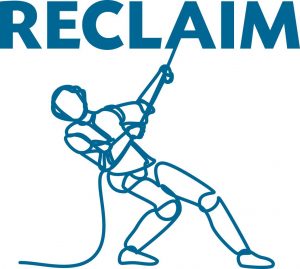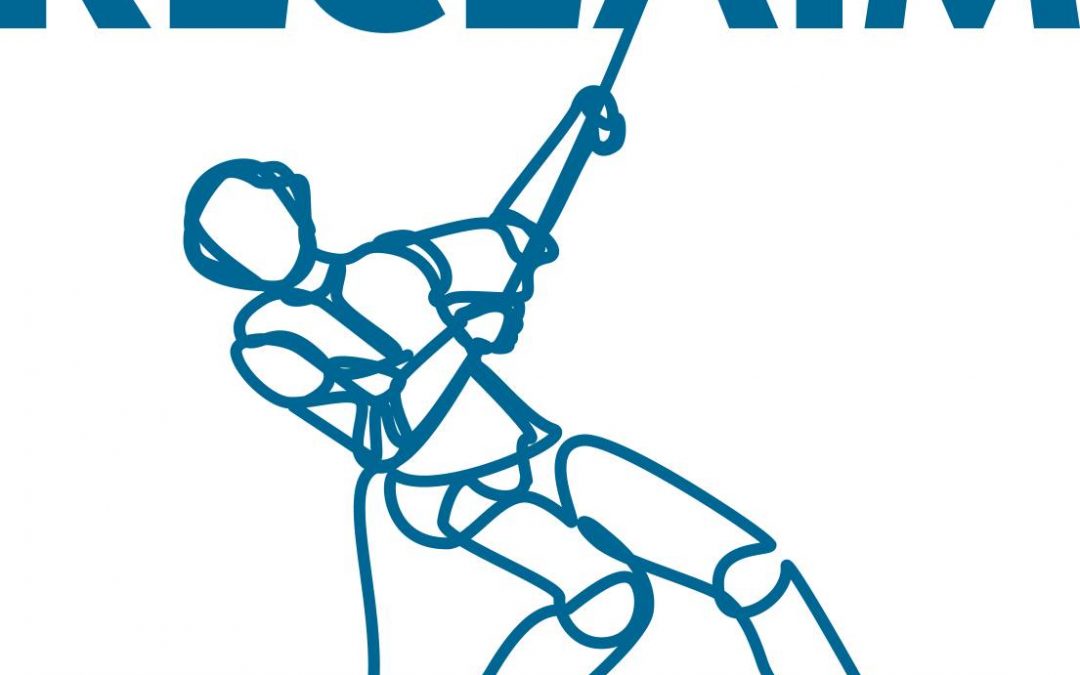
Project duration: 10/2022. – 10/2025.
Client: HORIZON-RIA (CL2-2021-DEMOCRACY-01), European Commission
Project coordinator: University of Iceland (UI) Reykjavik
Project partners:
- Institute for Development and International Relations (IRMO) Zagreb
- Institute of International Relations (IIR) Prag
- University of Ljubljana
- Autonomous University of Madrid (UAM)
- Trans European Policy Studies Association (TEPSA)
- University of Oslo (UiO)
- The Jagiellonian University in Krakow
- Scuola Normale Superiore (SNS) Pisa
- New Bulgarian University (NBU) Sofia
- Istituto Affari Internazionali (iai) Rome
Leader of the IRMO team: Hrvoje Butković, PhD
The main goal of the project is to create a theoretically and empirically based vision of the future of liberal-democratic institutions; analyse the meaning of liberal democracy in the 21st century; and develop recommendations, tools and methodology for re-establishing the legitimacy and effectiveness of liberal democracy.
The project deals with the implications of post-truth politics for the future of liberal democracy in Europe. Although post-truth politics represents an existential threat to liberal democracy, it does not necessarily mean the beginning of its end. There are significant prospects for mitigating the effects of this phenomenon, and the explicit ambition of the research project is to contribute to that mitigation. Therefore, this project:
- analyses the significance of various phenomena that are part of post-truth politics, and considers how they represent an existential threat to liberal democracy;
- works on generating a conceptual definition and empirical indicators for the analysis of post-truth politics;
- analyses the current situation regarding various dimensions of post-truth politics in a broad geographical sense (several European countries, including member states and non-member states of the European Union);
- considers innovative teaching tools for civic education based on four key dimensions (students’ European identity; digital literacy; learning through experience and practice; social cohesion) in order to develop new teaching models and improve students’ skills when dealing with changes in democratic societies;
- uses own empirical findings regarding the current state of post-truth politics in Europe to develop policy recommendations related to various challenges and their mitigation. At the same time, the project works on the development of recommendations regarding disinformation in the field of civic education and media literacy.

